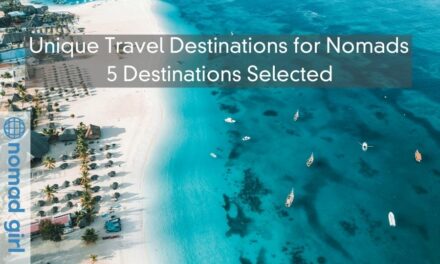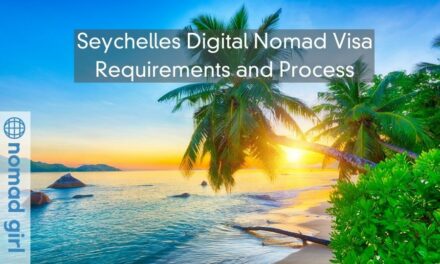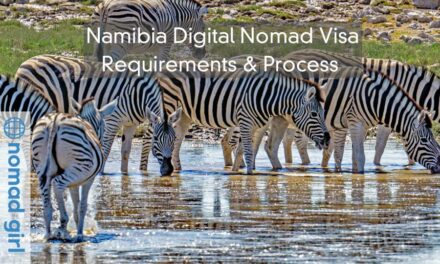Kenya, long known for its breathtaking safaris, Maasai warriors, and stunning Indian Ocean coastlines, is now roaring into the digital age. As the world reshapes itself around remote work, Kenya has staked its claim on the nomadic map with the official launch of its Digital Nomad Visa in late 2024. For remote professionals craving a place where vibrant cities meet vast savannahs and where innovation thrives beside tradition, Kenya offers the best of all worlds.
This East African powerhouse is embracing its status as the region’s tech hub. Dubbed the “Silicon Savannah,” Nairobi is home to a growing number of fintech startups, solar energy innovators, and mobile infrastructure firms. Now, with the Digital Nomad Visa, Kenya aims to attract a wave of international talent to its digital frontier.
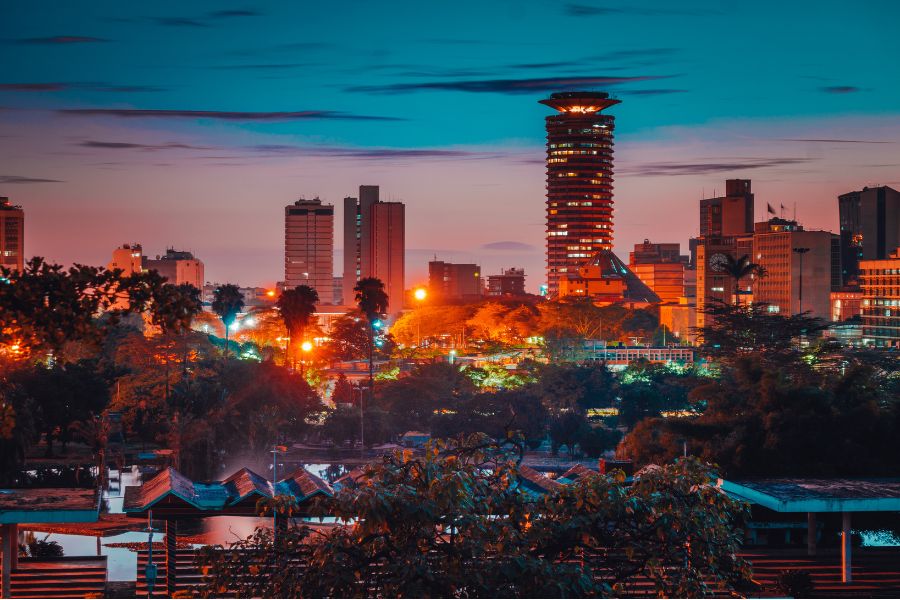
What Is Kenya’s Digital Nomad Visa?
Launched in October 2024, the Class N Work Permit, commonly referred to as the Digital Nomad Visa, allows foreign nationals to live in Kenya while working remotely for overseas clients or employers. It’s part of a broader government initiative to boost tourism and bring high-earning professionals into the Kenyan economy.
The visa targets freelancers, remote employees, and business owners who derive their income from outside Kenya. Local employment is not permitted under this permit, making it a true digital nomad pathway.
For official details, visit the Kenya Directorate of Immigration Services or the Foreign Nationals Service Portal.

Key Features of the Visa
- Official name: Class N Work Permit
- Eligibility: Remote workers and self-employed professionals working with non-Kenyan companies
- Local employment: Prohibited
- Validity: 1 year, with the potential to renew
- Annual income requirement: Minimum of $24,000 USD
- Application fee: Approx. $1,000 USD
Who Can Apply?
To be eligible for Kenya’s Digital Nomad Visa, applicants must meet the following criteria:
- Hold a valid passport with at least six months’ validity
- Be employed or contracted by a company based outside Kenya or self-employed with international clients
- Prove an annual income of at least $24,000 USD
- Show evidence of health insurance covering their stay in Kenya
- Submit a clean criminal record from their country of residence
- Have proof of accommodation during their stay in Kenya
These requirements are designed to ensure applicants are financially stable, health-insured, and unlikely to depend on local services or employment.
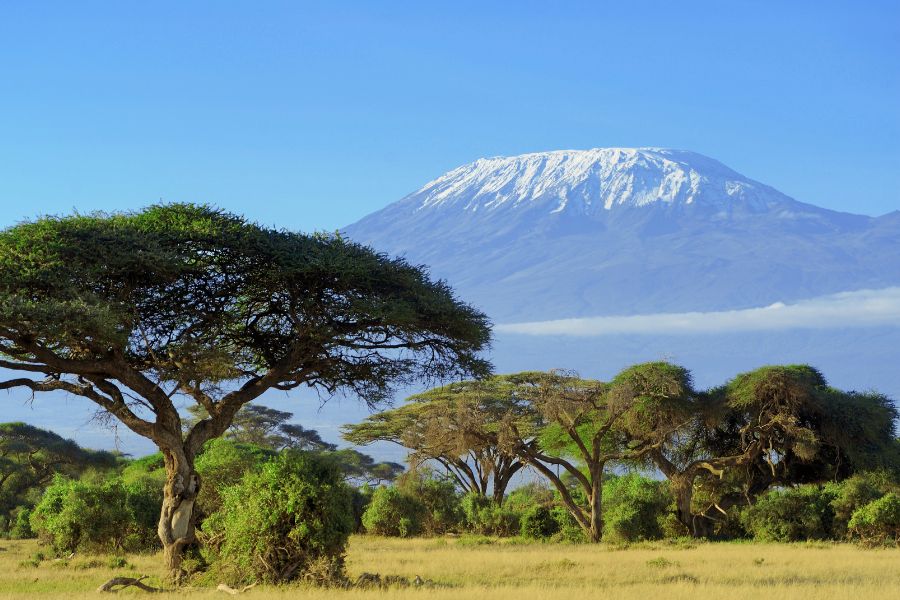
The Application Process
The application is expected to be available online through Kenya’s immigration portal. While final details are being polished, the general process looks like this:
- Create an account on the Foreign Nationals Services portal
- Upload required documents (passport, proof of income, police clearance, etc.)
- Pay the application fee online
- Wait for processing, which is expected to take 4–8 weeks
- Receive your Class N Work Permit, allowing legal entry and residence in Kenya for remote work
Applicants are encouraged to apply well in advance of travel due to processing times.
Documents You’ll Need
- Passport bio page scan
- Recent passport-sized photo
- Employment contract or freelance contracts
- 3-6 months’ bank statements showing income
- Health insurance policy document
- Police clearance certificate
- Proof of accommodation booking or lease
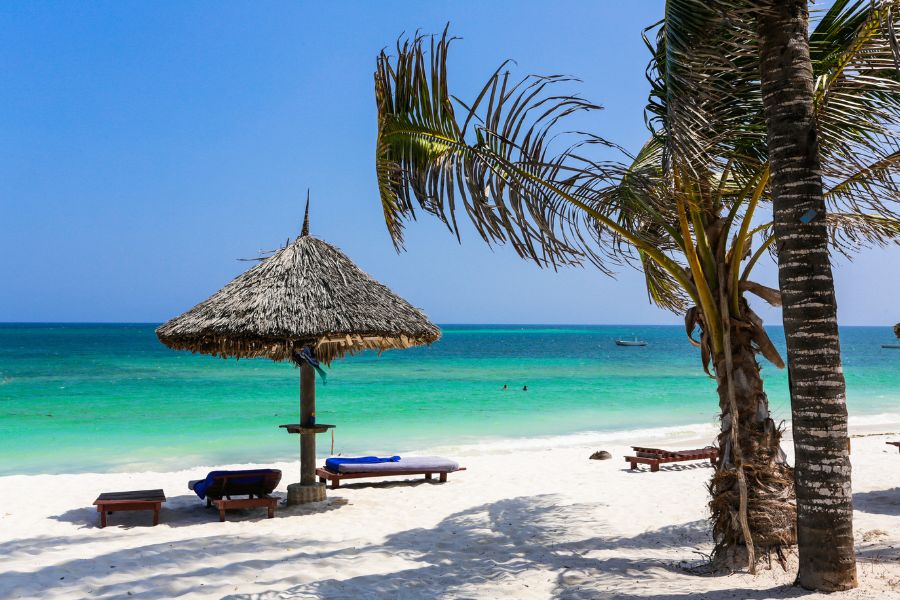
Tax Implications for Digital Nomads in Kenya
Kenya’s taxation laws operate on residency status:
- Non-residents (less than 183 days in a tax year) are only taxed on income earned in Kenya
- Residents (more than 183 days) may be taxed on global income
For digital nomads whose earnings come from abroad and who stay less than six months, Kenya currently poses no personal income tax liability. However, staying beyond that threshold may lead to tax residency and potential global income taxation. Consulting a tax advisor familiar with Kenya’s laws is advisable.
The Kenya Revenue Authority (KRA) has not announced digital nomad-specific exemptions, but their official guidelines offer updates.
Can You Still Use a Tourist Visa?
Yes. Before the launch of the Digital Nomad Visa, many remote workers operated under Kenya’s eTA (Electronic Travel Authorization) or East Africa Tourist Visa. These options are still available, but they come with limitations:
| Feature | Tourist Visa (eTA) | Digital Nomad Visa |
|---|---|---|
| Validity | 90 days | 1 year |
| Extensions | One renewal possible | Renewable annually |
| Work Authorization | Not legal | Legal for remote work |
| Application | Easy, online | Detailed, with documentation |
| Income Requirement | None | $24,000/year |
| Tax Exposure | Low (short stays) | Moderate (if 183+ days) |
For short-term stays or nomadic exploration, tourist visas remain viable. But the Digital Nomad Visa is ideal for longer, legally secure stays.

Banking & Currency Workarounds for Nomads
Kenya’s local currency is the Kenyan Shilling (KES), and the country relies heavily on M-Pesa, a mobile money transfer system integrated with most daily transactions.
Opening a bank account as a foreigner without a residency permit is difficult. Instead:
- Use Revolut, Wise, or Payoneer for digital banking and currency conversion
- Rely on M-Pesa for in-country payments, topping up via local agents or Kenyan contacts
- Most urban centers have international ATMs, though fees apply
For large payments like rent, landlords often accept direct bank transfers or M-Pesa Business options.
Cost of Living in Kenya
Kenya remains relatively affordable compared to Western standards.
Nairobi (Monthly):
- 1-bedroom apartment (Westlands/Kilimani): $450–$700
- Coworking space: $100–$200
- Transport (Uber & Matatu): $50–$100
- Meals out: $150–$250
- Internet & Utilities: $80–$120
Coastal areas (e.g. Diani, Watamu) tend to be cheaper, and more laid back.
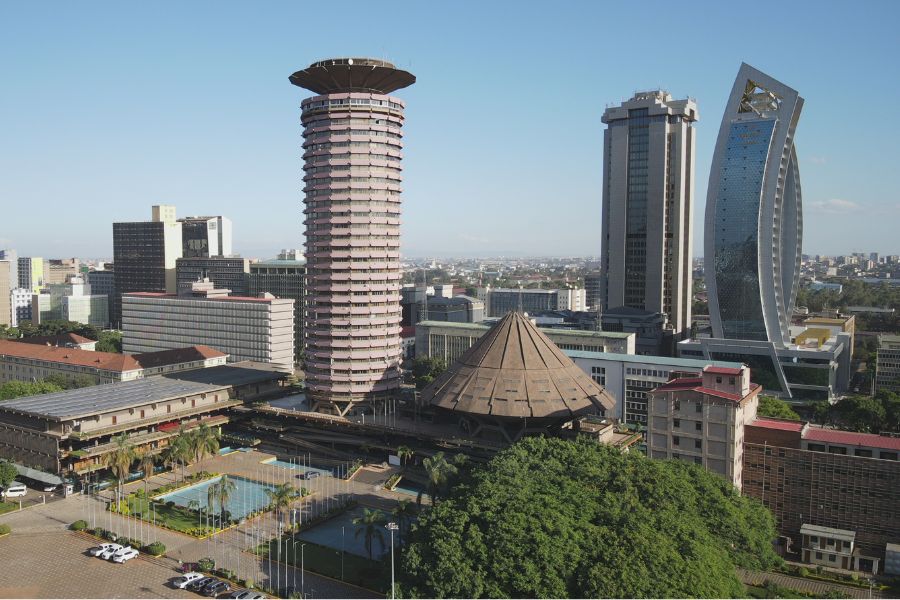
Where to Live & Work in Kenya
Nairobi
- Urban, fast-paced, and connected
- Coworking spaces: Nairobi Garage, Ikigai, Workstyle Africa
- Expat-friendly districts: Westlands, Karen, Kilimani
- Great nightlife, cultural events, and nature escapes nearby (e.g. Ngong Hills, Nairobi National Park)
Diani Beach
- White sand beaches and swaying palms
- Reliable fiber internet and laid-back lifestyle
- Emerging digital nomad community
Naivasha / Nanyuki
- Nature-filled towns with relaxed atmospheres
- Good for writers, creatives, and low-distraction productivity
FAQs About the Kenya Digital Nomad Visa
Can I bring my partner or family?
A: Yes. The visa allows dependents, though they must apply separately with supporting documents.
Can I travel in and out of Kenya on this visa?
A: Yes, as long as the visa remains valid and conditions are met.
What happens if I earn less than $24,000 annually?
A: You may be denied. Consider applying when your income meets the threshold.
Is the visa renewable?
A: Yes, subject to compliance and review.
Do I need a local sponsor?
A: Not for this visa, unlike other Kenyan work permits.
Why Choose Kenya as a Digital Nomad?
Kenya is more than a safari destination. It’s where innovation meets inspiration. Whether it’s sipping Kenyan coffee on a Nairobi rooftop, tracking elephants in Tsavo, or kitesurfing off Diani Beach, the country offers a lifestyle that blends productivity with passion.
Its strong digital infrastructure, affordable living, and English-speaking population make day-to-day work easy. And with a newly-launched nomad visa, it’s never been more accessible or appealing.
Kenya has rolled out the welcome mat—are you ready to work where the wild things are?




